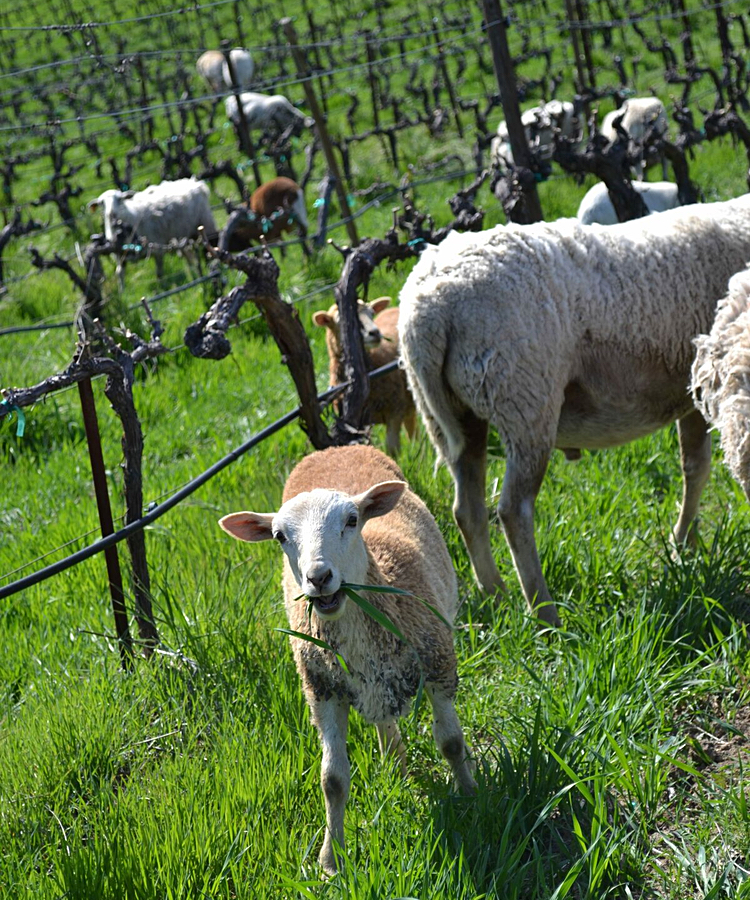Organic, natural, biodynamic, now regenerative organic: It’s easy to get confused by all these terms. Do they matter, or is it just marketing hype?
Notes for you
This week’s Wine Advisor goes to all readers, but my tasting note is limited to paid-tier subscribers, whose financial support helps pay for the wines I review. Please consider supporting us with a paid subscription.
I think it matters, at least as one of many points to consider in choosing a wine, but not necessarily the only one. I don’t buy organic or biodynamic wine all the time myself, but I feel good about it when I do. Apparently I’m not the only one, as world and national sales and production statistics suggest that the market for organic wine is growing.
Personally, I’m happy to let the wine testify. I’m not entirely convinced that organic and biodynamic practices show up in the bottle in a way that can be detected in a blind tasting. But based on experience, I respect producers who have chosen to undertake the considerable extra effort necessary to practice sustainable agriculture and tread lightly on the earth. I think maybe that shows up in the bottle.
That’s certainly the case for today’s featured wine, Tablas Creek Patelin de Tablas.
Its producer, Tablas Creek Vineyard of California’s Paso Robles region, is one of my favorite California wineries. A 35-year-old joint venture between the Perrin family of the Southern Rhône’s iconic Château de Beaucastel, and the Haas family of the respected U.S. importer Vineyard Brands, it was a leader in the development of Rhône-style blends in California.

Tablas Creek has incorporated a mixed grazing herd of sheep, alpacas and donkeys into its estate vineyard as part of its biodynamic and regenerative organic farming practices. (Photo from the Tablas Creek website.)
Long focused on vineyard management and maximizing terroir in the wines, Tablas Creek’s vineyards have been certified organic since 2003; they began incorporating biodynamic techniques across the estate vineyard in 2010, even introducing a herd of sheep, alpacas, and donkeys to naturally trim and fertilize the soil. Tablas Creek received biodynamic certification in 2017.
Capping these achievements, Tablas Creek became the world’s first Regenerative Organic Certified® vineyard in 2020 and the first Regenerative Organic Certified® gold-level vineyard in 2022, committing to soil health, animal welfare, and farmworker fairness. I salute this commitment, and I recomment Tablas Creek not only because of this but for the high quality of its wines.
All that effort, not to mention heritage, doesn’t come cheap. Tablas Creek’s top line, Esprit de Tablas/Beaucastel, retails at the winery in the $70 range. Its second tier, Cotes de Tablas, commands around $40. The relative economy tier, Patelin de Tablas, sells for $28 at the winery and can be found at some shops for a few dollars less.
The Rhône-style grapes for Patelin are not grown in Tablas Creek’s estate vineyards but grown on neighboring properties using Tablas’s vine cuttings. “Patelin” is French slang for “neighborhood,” “small town,” even “backwater:” places where most uf us don’t go much. But I’m mighty glad that Tablas Creek does!
This week’s full tasting report goes out to our paid subscribers, whose support helps cover the costs of all the wines that I buy for review as well as our production and web hosting expenses. I’d love to welcome you all as paid subscribers! Please consider helping us grow by upgrading to our paid tier. It’s only $5 per month or $50 for a full year, and it goes a long way toward keeping us afloat.




